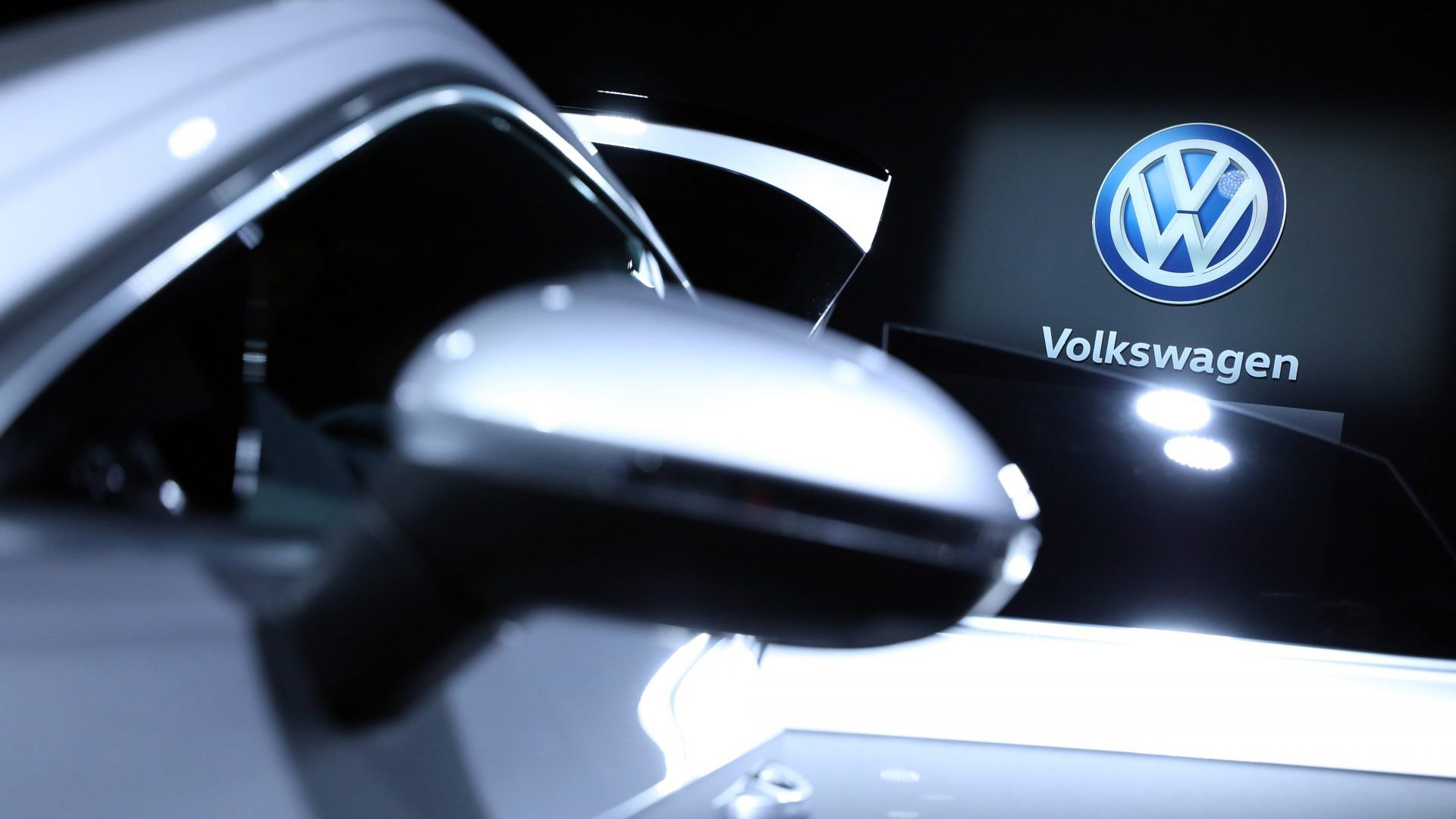

Future cars may be able to drive themselves, but Volkswagen doesn’t want to stop there. The German automaker is expanding a partnership with robot maker Kuka to develop what it calls “innovative solutions for parking and charging” electric cars based around robots. The research effort dovetails with Volkswagen’s ambitious plans to launch a barrage of new electric cars, and put the “Dieselgate” scandal behind it.
Like most other automakers, Volkswagen believes self-driving cars will become a reality at some point. It wants to expand automation to areas beyond driving, including charging electric cars. Instead of getting out of the car and plugging in a cable, VW believes drivers of the future could rely on robots.
In its announcement of the partnership, Volkswagen discussed using a Kuka robot to plug electric cars into charging stations; all drivers would have to do is position cars in a designated parking spot. In theory, autonomous cars could even eliminate the need for that.
VW isn’t the first company to try streamlining the charging process. In 2015, Tesla released a video of a bizarre prototype charger that could automatically plug itself into a Model S. The prototype was quickly dubbed “the snake” by the media and public, who seemed more frightened by the device than impressed.
Automated charging systems could indeed become more important in the much-discussed theoretical age of self-driving cars. After all, if your car can drive itself, why would want to bother getting out to plug it in?
Robots may not be the answer, though. The wireless charging systems already offered by some aftermarket companies provide the same level of convenience: The driver simply parks the car, and the system does the rest. Mercedes-Benz and BMW will offer wireless charging on certain plug-in hybrids. But current systems may not have enough power to be the first choice for fully-electric cars, which have larger battery packs that need more juice to charge in a reasonable amount of time.
In the U.S., Volkswagen is already committed to paying for a large amount of more conventional electric-car charging stations, as part of the settlement for its diesel-emissions cheating. It also plans to launch 10 new electrified models globally by 2018 and 30 by 2025.